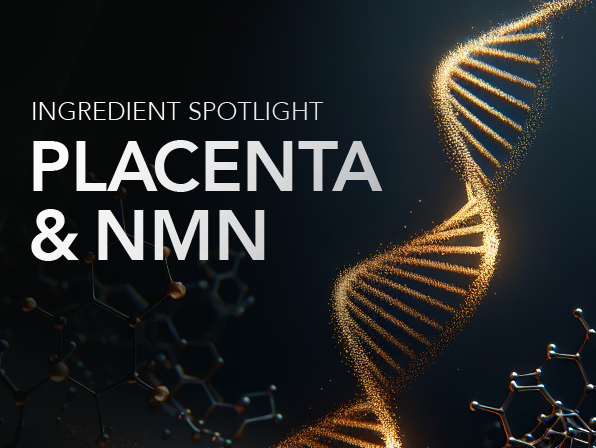Taurine
Type: Amino Acid
Taurine is one of the most abundant amino acids that can be found in several organs, especially heart, muscles, brain and eyes.
It is a conditional essential amino acid that can be produced by our body; however, it becomes essential when a higher amount is needed for rare cases such as individuals with heart or kidney failure, as well as premature infants.
Taurine has a widespread of health benefits as it involves in maintaining electrolyte balance in cells, formation of bile that is important for fat digestion, regulating minerals (such as calcium, magnesium, sodium and potassium) utilisation in body cells, and supporting healthy nervous system.
Several studies have also proposed that taurine may have positive effects on other conditions such as reducing risks of cardiovascular diseases, controlling diabetes and its complications, improving athletic performance, preventing epileptic seizures, relieving tinnitus and managing fatty liver.
Common food sources of taurine are animal-based sources, especially fish, meat and dairy. It is also often added into soda and sport drinks
Taurine deficiency during fetal development might cause impaired brain function and poor blood sugar control. Supplementation is particularly essential for individuals with genetic or metabolic disorders that prevent taurine synthesis.
Stay Inspired with Health Trends

7 Secrets You Need To Stop Hiding From Your Health Advisor!

Movember Reminder – Let’s Talk Men’s Health👨🏻🦱🩺

Is Your 9-to-6 Weakening Your Bones? Here’s How To Fight Back!

Sedentary Lifestyle: The Hidden Hazard to Your Health

🏓Power Up Your Pickleball Game

Your Desk Could Be Dirtier Than A Toilet Seat 🦠

Weight Management at Work (that does not require eating salads 🥗)

The Bitter Side of Sweet: Sugar Speeds Up Ageing & Slows You Down at Work

Keep An Eye On It – Protect Your 👀 In The Digital Age

Is Your Child Driving You Crazy? Here Are 7 Supplements To Help You Stay Calm and Sane.

🌸 Happy Mother's Day

Ingredient Spotlight: Placenta and NMN

What is Revenge Sleeping Procrastination?

8 Tips For Building Mental Resilience In Your Child

7 Amazing Facts About Women

How Burned Out Are You?
